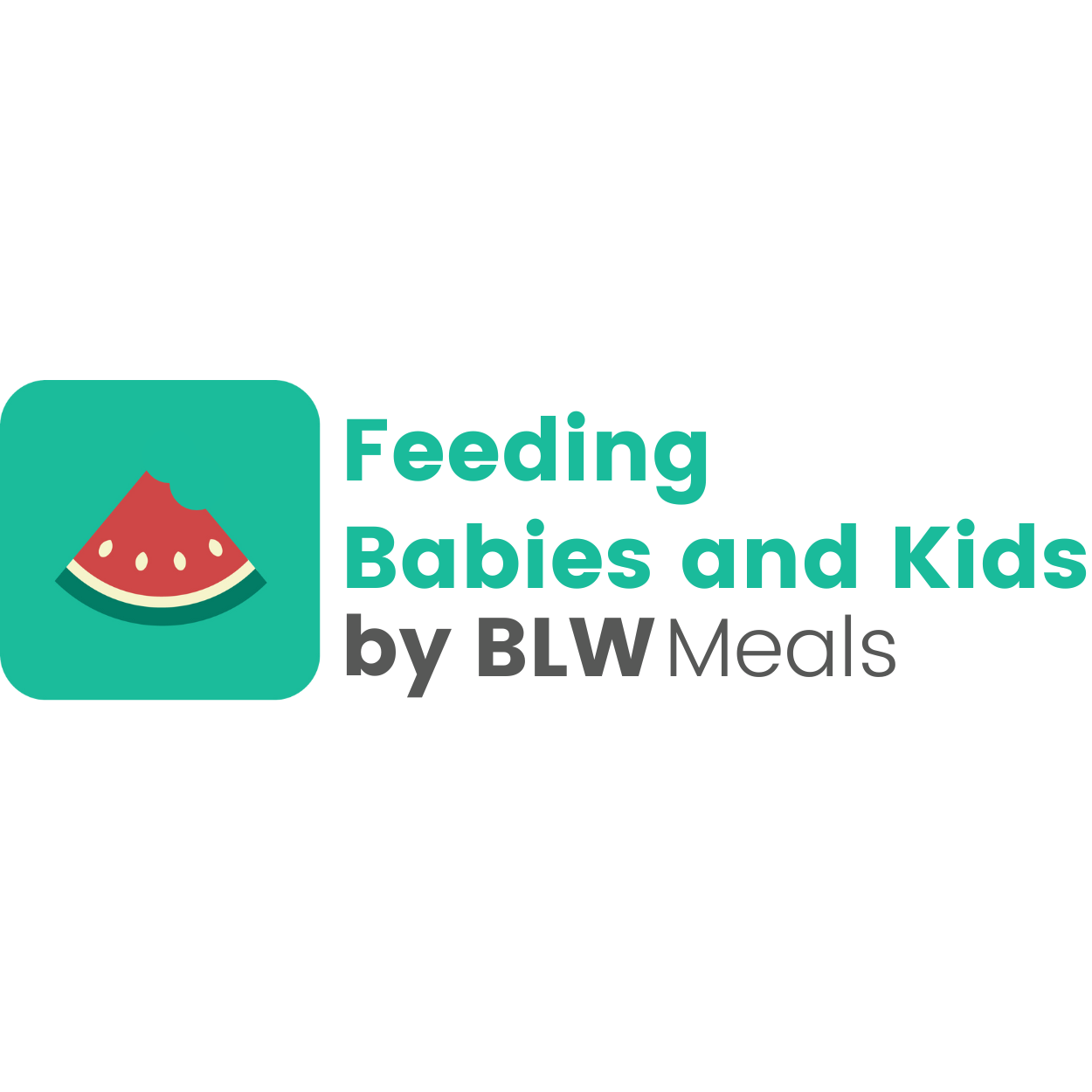
As a pediatric dietitian, I often hear concerns about milk choices, especially with the growing trend that raw milk is “healthier.” However, the risks of raw milk far outweigh any potential benefits—especially for babies and young children.
Here’s what you need to know about raw vs. pasteurized milk.
What Is Raw Milk?
Raw milk is milk from cows, goats, or sheep that has not been pasteurized—a process that uses heat to kill harmful bacteria and pathogens.
Without pasteurization, raw milk can carry dangerous bacteria like E. coli, Listeria, Salmonella, and Campylobacter, which can cause severe illness.
Why Is Pasteurization Important?
Pasteurization was introduced in the early 20th century as a public health measure to reduce milkborne diseases such as tuberculosis, typhoid, and diphtheria. Before pasteurization, these illnesses were common and often fatal.
Today, the Centers for Disease Control and Prevention (CDC) credits pasteurization with preventing countless illnesses and deaths.
Is Raw Milk Safe for Children?
No. Leading health organizations—including the American Academy of Pediatrics (AAP), the CDC, the U.S. Food and Drug Administration (FDA), and the Canadian Pediatric Society—strongly advise against consuming raw milk, especially for young children, pregnant individuals, and those with weakened immune systems. These groups are more vulnerable to severe infections that can lead to hospitalization or even death.
Are There Any Benefits to Raw Milk?
Some proponents make claims that raw milk is easier to digest, supports immunity, or reduces allergies. However, scientific evidence does not support these claims. While exposure to some bacteria can benefit immune development (a theory known as the “hygiene hypothesis”), the bacteria in raw milk are not the type to which you want to be exposed.
Additionally, some may argue that raw milk is “more natural” or that “our ancestors drank it and were fine.” The reality is that before pasteurization, milkborne illnesses were common, and people suffered serious consequences—including high rates of infant and child mortality due to contaminated food and water. During this time our ancestors had significantly more illnesses (and potentially deaths) that could have been prevented with proper food safety methods such as the pasteurization of milk.
Risks of Raw Milk
- Bacterial Contamination – Raw milk is consistently a higher risk food that can carry harmful pathogens such as E. coli, Listeria monocytogenes, Campylobacter, and Salmonella. These can lead to severe gastrointestinal illnesses and, in some cases, life-threatening complications such as hemolytic uremic syndrome (which can lead to kidney failure) or meningitis.
- Higher Risk for Vulnerable Populations – Children, pregnant individuals, and those with compromised immune systems face greater risks if exposed to the bacteria found in raw milk.
- Lack of Scientific Support – The alleged health “benefits” of raw milk, such as “improved digestion and immunity”, are not well-supported by peer-reviewed scientific research. They are usually cherry-picked by unqualified people who are trying to sell you something (aka the milk itself or a lifestyle). In contrast, the risks of disease associated with raw milk have been well-documented throughout history. Buying into these unsupported claims tends to spread misinformation which can create distrust of scientists, dietitians and food safety experts. This can ultimately affect a person’s health and wellness, and unfortunately the health and wellness of their kids.
Common Myths vs. Facts About Pasteurized Milk
- Myth: Pasteurization destroys nutrients.
- Fact: Pasteurized milk retains its nutritional value, including calcium, protein, and vitamins.
- Myth: Raw milk is safe if it comes from a clean farm.
- Fact: Even milk from well-maintained farms can contain harmful bacteria.
- Myth: Pasteurized milk causes lactose intolerance or allergies.
- Fact: Both raw and pasteurized milk contain lactose and milk proteins that can cause allergies in sensitive individuals.
- Myth: Raw milk naturally kills harmful bacteria.
- Fact: Raw milk does not contain properties that eliminate dangerous pathogens.
Bottom Line
Raw milk is not worth the risk—especially for young children. Pasteurization saves lives, and has been consistently saving lives for decades. It is a crucial public health measure that protects against serious foodborne illnesses while preserving milk’s nutritional benefits. If you’re looking for safer alternatives, consider pasteurized dairy products or fortified plant-based milk options.
Your child’s health and safety are the priority, and choosing pasteurized milk is the best way to protect them from preventable illnesses.
For more tips on how to prioritize your child’s health and nutrition, download BLW Meals App.
References:
U.S. Food and Drug Administration. (2024). The dangers of raw milk: Unpasteurized milk can pose a serious health risk.
U.S. Food and Drug Administration. (2024). The dangers of raw milk
On Pasture. (2014). The history of pasteurized milk
Hubbard, M. (2014). Literature review on raw milk risks and benefits
Committee on Infectious Diseases; Committee on Nutrition; American Academy of Pediatrics. Consumption of raw or unpasteurized milk and milk products by pregnant women and children. Pediatrics. 2014 Jan;133(1):175-9. doi: 10.1542/peds.2013-3502. Epub 2013 Dec 16. PMID: 24344105.
Lucey JA. Raw Milk Consumption: Risks and Benefits. Nutr Today. 2015 Jul;50(4):189-193. doi: 10.1097/NT.0000000000000108. Epub 2015 Jun 27. PMID: 27340300; PMCID: PMC4890836.
Oliver SP, Boor KJ, Murphy SC, Murinda SE. Food safety hazards associated with consumption of raw milk. Foodborne Pathog Dis. 2009 Sep;6(7):793-806. doi: 10.1089/fpd.2009.0302. PMID: 19737059.
Loss G, Depner M, Ulfman LH, van Neerven RJ, Hose AJ, Genuneit J, Karvonen AM, Hyvärinen A, Kaulek V, Roduit C, Weber J, Lauener R, Pfefferle PI, Pekkanen J, Vaarala O, Dalphin JC, Riedler J, Braun-Fahrländer C, von Mutius E, Ege MJ; PASTURE study group. Consumption of unprocessed cow’s milk protects infants from common respiratory infections. J Allergy Clin Immunol. 2015 Jan;135(1):56-62. doi: 10.1016/j.jaci.2014.08.044. Epub 2014 Oct 19. PMID: 25441645.



Leave a Reply